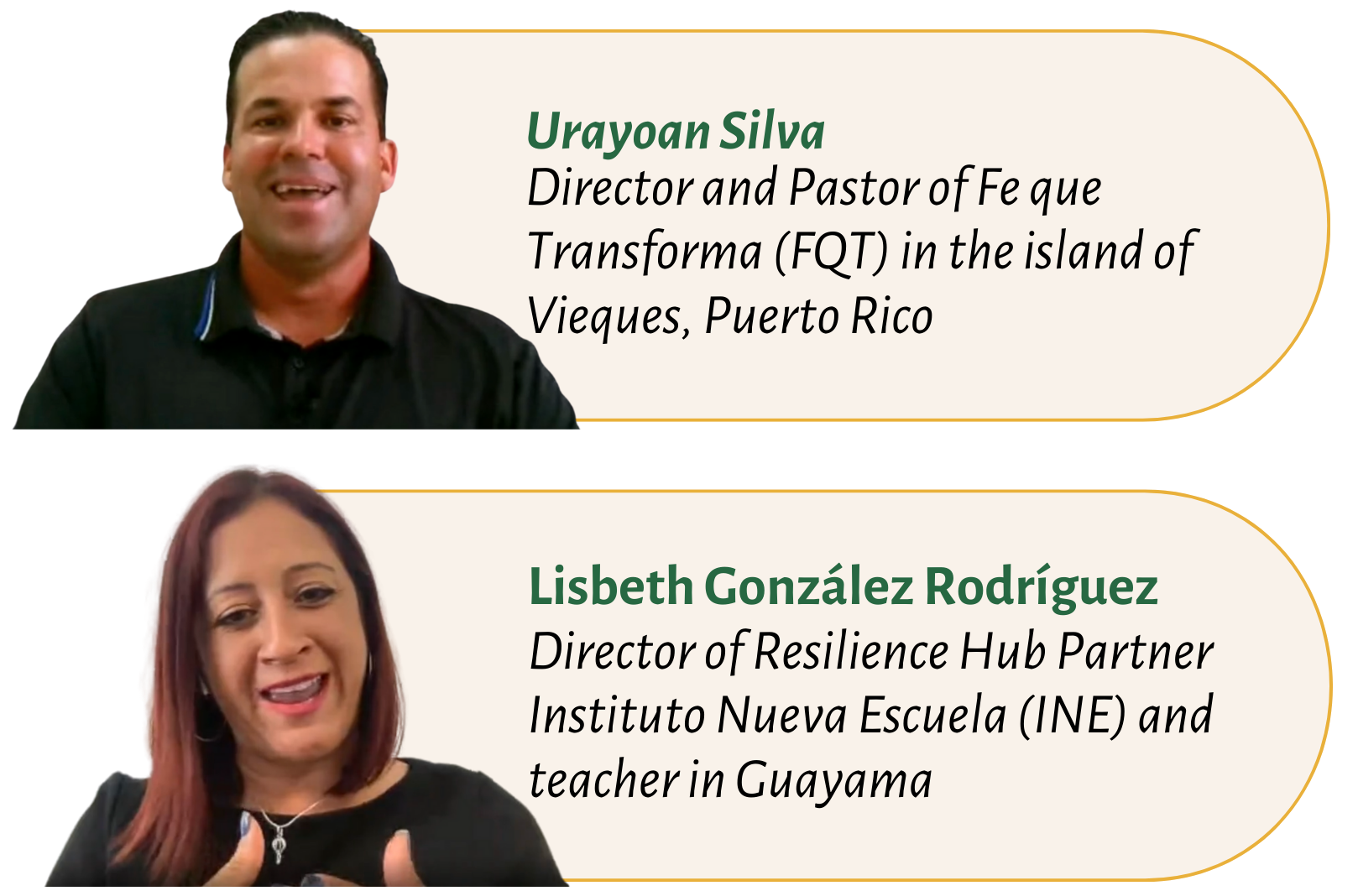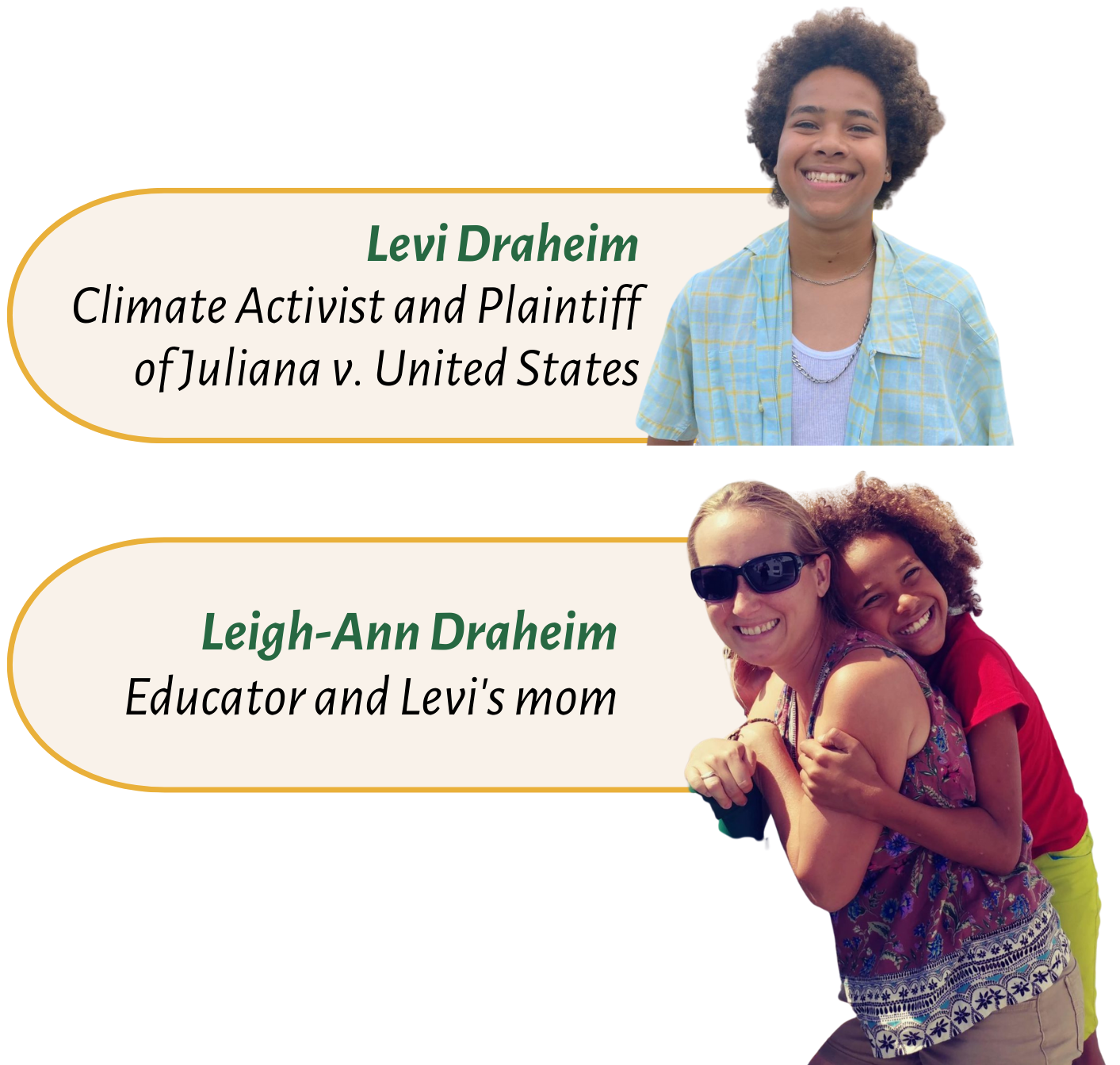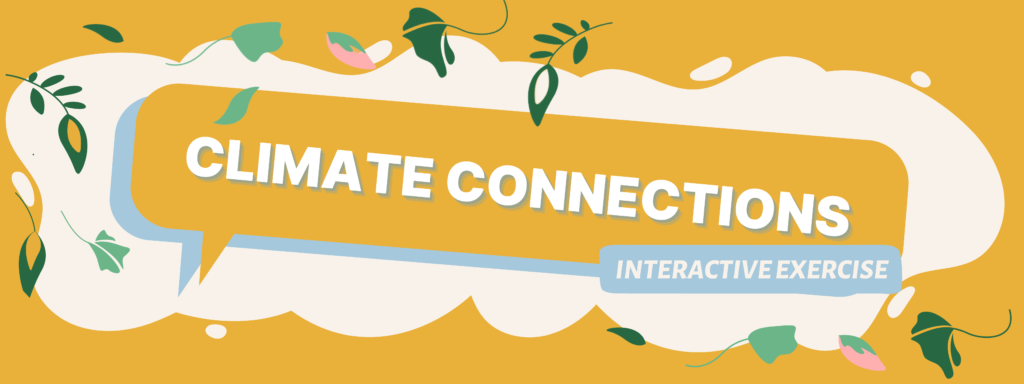Resources for
Educators
What is climate literacy?
Being climate literate means understanding the multifaceted nature of human relationships with the planet.
Climate Literacy: The Essential Principles of Climate Sciences lists the following criteria for a climate-literate person:
- Understands the essential principles of Earth’s climate system.
- Knows how to assess scientifically credible information about climate.
- Communicates about climate and climate change in a meaningful way.
- Is able to make informed and responsible decisions with regard to actions that may affect climate.
Frontline Climate Stories

Urayoan and Lisbeth are both Resilience Hubs leaders in Puerto Rico. Resilience Hubs were created after hurricane Maria hit the island in 2018 with devastating consequences including energy, communication and food cuts, floods and tremendous house damage.
In the Hubs, communities have developed all kinds of coping strategies to prepare for hurricanes and future climate disasters. Both Urayoan and Lisbeth, are great examples of how every and any platform has the ability to ignite climate action and build community.
Mother and son Leigh and Levi Draheim, have experienced the consequences of the climate crisis first hand. In 2016, Hurricane Matthew severely damaged Levi’s school building where Leigh also used to work. The school had to shut down, leaving Leigh without a job and Levi without a place of learning.
The Draheim family has been actively fighting climate change for as long as they can remember. When Levi was 8 years old they joined a class action lawsuit against the United States government for violating their constitutional rights to life, liberty, personal safety and climate justice.

In this exercise you are randomly provided a climate event; an action, passion or interest; and a need or right… Can you connect the dots? Discover how the climate intersects with every aspect of our lives.



